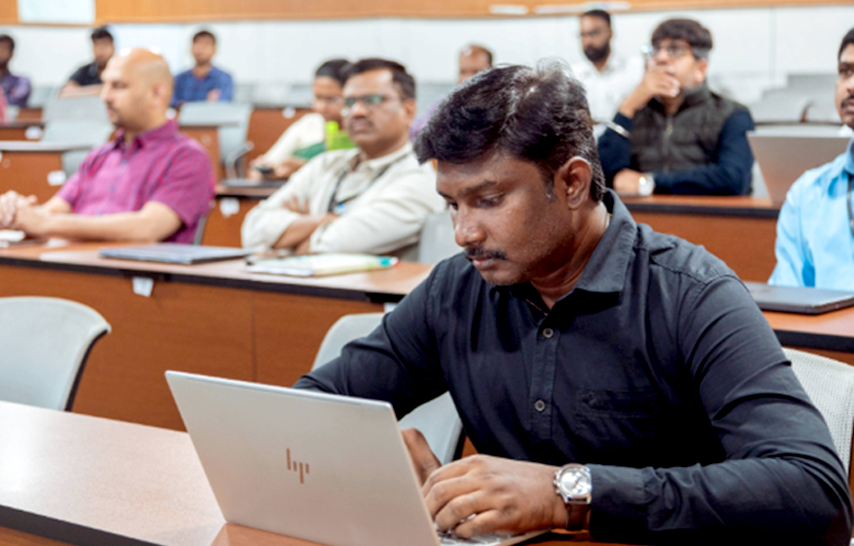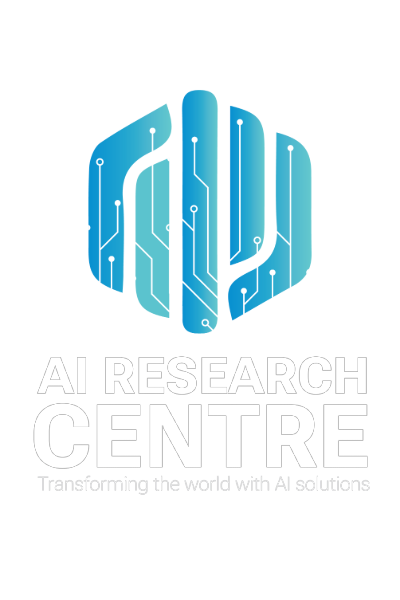

AI In Educational Institution
AI in educational institutions transforms the learning landscape by supplementing traditional
teaching methods with innovative technology. Institutions may personalize learning experiences,
analyze student performance, and discover areas for development by leveraging AI-powered solutions.
Intelligent tutoring solutions improve student engagement and knowledge by providing personalized
feedback and adaptive learning routes. AI automates administrative functions such as grading and
resource distribution, improving institutional efficiency. Educators receive insights into student
progress using AI data analytics, enabling timely interventions for better outcomes. Embracing AI
allows educational institutions to develop flexible, inclusive, and data-driven settings that
prepare students for future challenges while also revolutionizing how information is presented and
acquired. AI applications designed for education have elsewhere been divided into three main
categories: system-facing, student-facing and teacher-facing.
AI Taskforce
AI task forces are established to address the challenges and opportunities presented by artificial
intelligence (AI) and to develop strategies for its responsible and beneficial deployment. These
task forces typically consist of experts, researchers, policymakers, industry leaders, and other
stakeholders in the field of AI to create regulations and guidelines for the responsible usage of AI
technologies in Higher Education, with the long-term vision of becoming an accreditation body for
such implementations in the future.
Vision
The AI task force for universities envisions a future where artificial intelligence is seamlessly
integrated into the academic landscape to enhance education, research, and student experiences.
Through responsible AI development and ethical practices, universities will leverage AI to optimize
administrative processes, personalize learning for students, enable innovative research across
disciplines, and foster innovation in teaching methods. The task force aims to create a
collaborative ecosystem where universities share knowledge and best practices, ensuring AI-driven
advancements empower students, faculty, and staff while contributing to the broader global AI
community.
Mission
The mission of the AI task force for universities is to facilitate the responsible adoption and
integration of artificial intelligence in academia. Through collaboration, research, and innovation,
the task force seeks to empower universities to harness AI's potential to enhance education,
research, and administrative processes. By fostering an ethical and inclusive AI ecosystem within
the academic community, the mission is to equip students, faculty, and staff with the necessary
skills and tools to thrive in an AI-driven world, contributing to positive societal impact and
advancements in artificial intelligence.
Committee
| Name | Designation |
|---|---|
| Dr. Raul V. Rodriguez | President |
| Dr. Hemachandran K | Vice President |
| Thomas Marlow | Chief Policy Officer |
| Dr. Manjeet Rege | Chief Technology Officer |
| Jim Hallenbeck | Chief Ethics Officer |
| Dr. Brandan Keaveny | Chief Compliance Officer |
| Dr. Joshua Dalrymple | Chief Legal Officer |
| Dr. Anik Nandi | Chief Education Officer |
| Prof. Syed Hasan Jafar | Chief Finance Officer |
| Prof. Abejide Ade-Ibijola | Research Scientists |
| Jote Taddese | Chief Social Impact Officer |
| Dr. Rajesh Kumar K V | Technology Specialists |
| Dr. Manuel Rincon | Academic Member |
| Dr. Shahid Mohammad Ganie | Student Representative |
 Apply Now
Apply Now